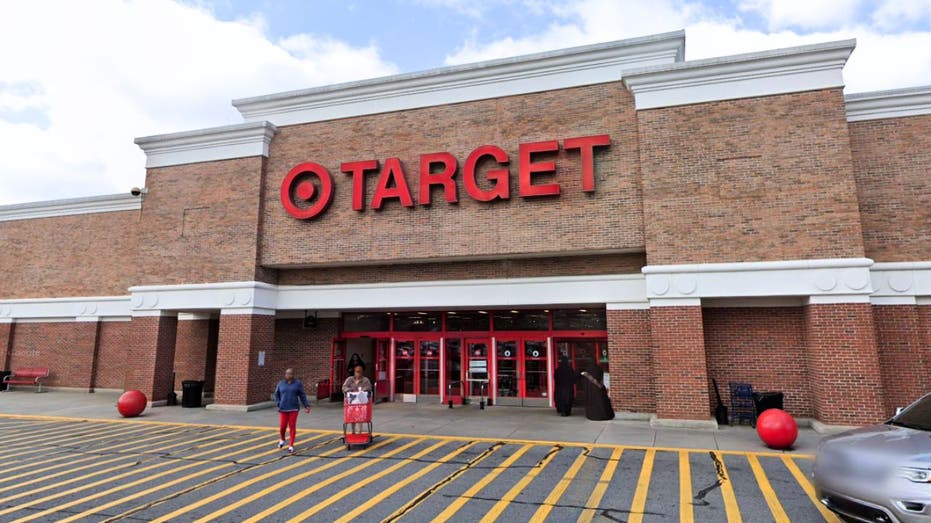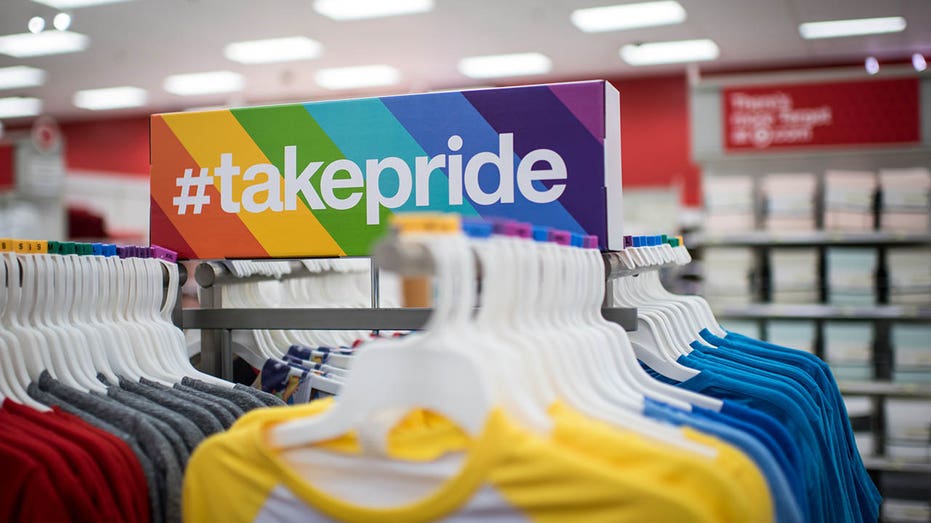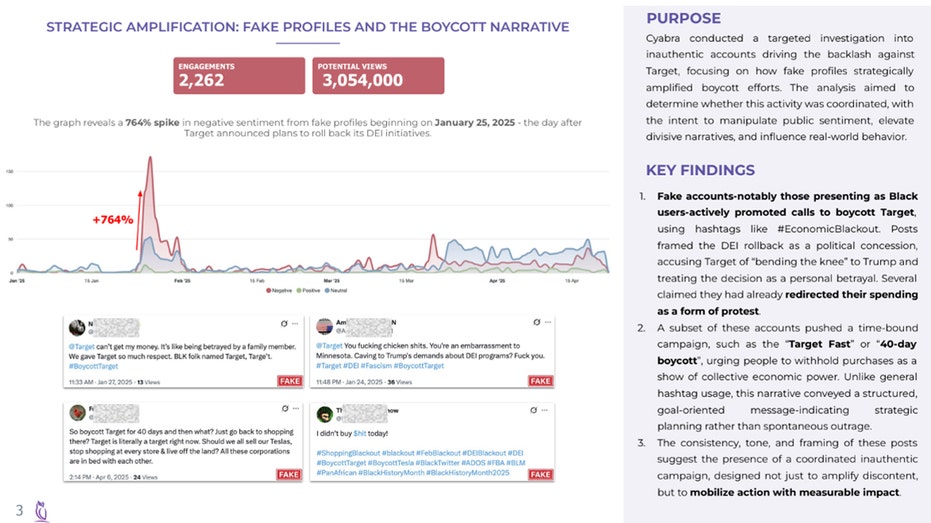

The online backlash inflicted against Target after the chain pulled back from their controversial Diversity, Equity and Inclusion (DEI) policies was largely driven by fraudulent accounts, according to a new study published by Israeli cyber-firm Cyabra.
Target has been the subject of a boycott and fierce rebukes online, which has caused the company to suffer declining sales and a falling stock price after the retailer announced it was rolling back its DEI policies. One of the policies rolled back was the company's REACH initiatives for minority representation in management.
The study, which analyzed 2,226 social media accounts which generated 3,379 posts engaged in pushing negative sentiment against Target, found that 27% of the surveyed accounts were fake, and that those fake accounts generated over 1,000 posts, contributing to the viral backlash against the retailer.
"The public is being manipulated in real time. What looks like public consensus online is often fake, manufactured by inauthentic accounts shaping perception and driving artificial outrage. Companies are making multimillion-dollar decisions based on data generated by bots. They’re betting shareholder value on signals that aren’t real,", Cyabra CEO Dan Brahmy told Fox News Digital.

A recent study found that many of the accounts fueling the online backlash against Target were fake. (Google Maps / Google Maps)
The retail chain has been a lightning rod for controversy from both ends of the political spectrum over the last several years, both for its embrace of progressive ideals and its decision to pivot away from them.
Target customers revolted in 2023 after several stores began stocking LGBTQ items in their Pride displays. The stores stocked "tuck-friendly" swimsuits for transgender customers, mugs emblazoned with the term "gender-fluid" and other items. Customer outrage caused some stores to move the Pride merchandise to a less prominent section of the store, fearing the company would suffer a "Bud Light situation," referring to backlash against the beer brand for partnering with transgender activist Dylan Mulvaney.
Target announced in January that they would be rolling back their DEI initiatives, which included goals of increasing Black representation in management and promoting Black-owned businesses. The company also vowed it would no longer submit reports to diversity surveys such as the Human Rights Campaign’s corporate equality index.
Following Target’s pivot away from DEI, the retailer was banned from the Twin Cities Pride festival in Minneapolis after years of sponsoring the event. Atlanta-based Rev. Jamal Bryant initiated a 40-day boycott of the store chain in March, alleging Target had turned its back on the Black community.
"We’re asking people to divest from Target because they have turned their back on our community," Rev. Jamal Bryant told CNN at the time.
Rev. Bryant denied his campaign employed the bots in a statement to Fox News Digital, and maintained that the work his organization took part in was authentic.
"We have not posted on X since last year. The bots were never used by the campaign. As we can not speak to a manufactured algorithm, what we do know is real is foot traffic has decreased, the stock has fallen, the valuation has dipped and the CEO's salary has been slashed. What is absolutely authentic is the Black community's disappointment in Targets betrayal to equality. This was never a social media campaign but a church-driven grassroots movement," Rev. Bryant told Fox News Digital in a statement.

Target previously faced criticism over its Pride displays. (Getty Images / Getty Images)
As the left-wing backlash grew, Target found itself the recipient of virulent messages on social media. Social media posts with hashtags featuring phrases such as "#boycottTarget" "#EconomicBlackout," "Target Fast" and "40 day boycott" began to pop up from accounts that presented themselves as belonging to a Black user, according to the Cyabra study.
The tech firm found that the posts aligned themselves perfectly with the "Economic Blackout" calendar. The "Economic Blackout" was a movement of rolling boycotts across the country targeted at companies that abandoned DEI, Target being among them.
Other fraudulent accounts posed as conservative users who criticized Target for its previous embrace of DEI and LGBTQ policies, thus creating an online pincer movement where the company was receiving negative buzz from all angles, the study found.
Cyabra conducted a follow-up analysis between May-June and found that 40% of accounts still posting negatively about Target were fake.
"Fake accounts are hijacking online narratives and triggering real-world financial outcomes. The Target boycott was a highly coordinated digital attack – it accelerated consumer backlash and moved market value. This is the influence economy brands are now up against," Cyabra spokesperson Jill Burkes told Fox News Digital.
Target did not respond to Fox News Digital's request for comment.

The study analyzed thousands of social media accounts, fueling the backlash against Target.
Target recently posted below-average sales figures for the first quarter of 2025. Sales were down 2.8% from a year ago and sales at stores open for at least a year decreased 3.8% in the first quarter. The company attributed their lagging sales figures to the anti-DEI backlash and Trump-tariff uncertainty.
